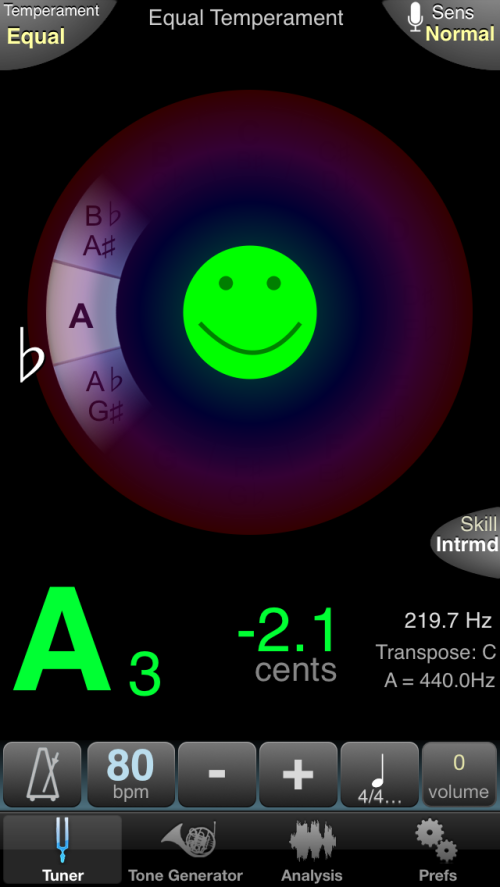It's Not About You
Andrew Hitz
A video went viral over the weekend of Mark Donnelly singing O Canada in front of a sold out hockey arena in Canada. Donnelly, who has sang the Canadian National Anthem before games on many occasions, decided to sing this version while on ice skates. You can probably already tell this isn't going to end well...
He begins skating around the rink while singing and shortly thereafter he ends up skating right at the ceremonial red carpet that was still on the ice from the opening ceremony. Without any warning at all his feet stop while the rest of his body keeps going and he falls to the ice - hard. But a magical thing happened. HE KEPT SINGING.
He then stumbled to get up since the carpet was still underneath him and yet HE KEPT SINGING. He finally got to his feet and continued to skate around the ice and finish the performance. He didn't get angry. He didn't get embarrassed. He didn't even stop to look at the carpet. He just kept right on doing the only thing he was charged with doing: singing the anthem.
In an interview the next day I saw him mention that the carpet was supposed to be up at that point. Someone messed up. And yet he wasn't even mad about it the next day. His reaction is exactly what I strive to do as a performer. The only thing that matters is the audience so when I get upset that a passage didn't go as it "should have" I am making it all about me.
(Previous Post: Abandon All Hope For a Better Past)
Donnelly's reaction was admirable, professional, and inspiring. Never make it about yourself. Always make it about the audience.







